UAE, Bahrain, Israel and US stage joint naval drills ahead of talks to remove Iran sanctions
Naval forces of the United Arab Emirates, Bahrain, Israel, and the United States have held a joint maritime exercise in the Red Sea, marking the first publicly acknowledged naval drill among the four.
The United States Naval Forces Central Command (NAVCENT), which participated in the drills on the US side, said on Thursday that the naval exercise kicked off on Wednesday.
The five-day drills include training on the USS Portland vessel and will “enhance interoperability between participating forces’ maritime interdiction teams,” a US statement said.
“Maritime collaboration helps safeguard freedom of navigation and the free flow of trade, which are essential to regional security and stability,” claimed Vice Admiral Brad Cooper, commander of NAVCENT, US 5th Fleet, and Combined Maritime Forces.
An Israeli naval officer told reporters that the start of such military cooperation under US auspices could help counter Iran’s “power projection” in the region.
The US 5th Fleet is based in the tiny Persian Gulf state of Bahrain and operates in the Persian Gulf, Sea of Oman, Red Sea and parts of the Indian Ocean.
Iran has repeatedly called on regional countries to rid the region of “extra-regional forces” in order to establish sustainable security through intra-regional cooperation. It has also strongly denounced normalization agreements with the Israeli regime, as the main destabilizing element in the region.
The UAE and Bahrain were respectively the first and second Arab countries that normalized their ties with Israel last year under US-pushed agreements which were called the Abraham Accords.
Sudan and Morocco also followed suit soon afterward. The normalization deals, however, have been denounced by Palestinians and the people of the region as “treacherous,” sparking mounting opposition as well as protests in the four Arab countries.
Saudi Arabia, which is expected to join in as well, is reportedly preparing its ultra-conservative population and “waiting for the right moment” to officially announce a normalization deal with the Tel Aviv regime.
Back in 2018, Israel and some of its then-secret Arab friends lobbied former US president Donald Trump to withdraw from the Iran nuclear deal and adopt a confrontational policy against the Islamic Republic.
However, since the administration of Joe Biden came to office, Saudi Arabia and the UAE have drifted away – at least to some extent – from their anti-Iran positions, saying occasionally that they seek “good relations” with Iran.
Biden’s point man for Iran in region
The Biden administration has promised to rejoin the nuclear deal, officially called the Joint Comprehensive Plan of Action (JCPOA), and abandon Trump’s “maximum pressure” campaign against Tehran.
Talks began in April on that promise but were halted after Iran’s presidential election in June. Iran has recently announced that the talks, held in the Austrian capital Vienna, will resume on November 29.
The US State Department said on Thursday that Biden’s special envoy for Iran, Robert Malley, will “lead an interagency team to the United Arab Emirates, Israel, Saudi Arabia, and Bahrain from November 11-20.”
In a statement, the State Department said Malley’s regional tour is intended to hold consultations with the United States’ partners and attend a series of regional engagements.
It added that he will coordinate with the aforementioned countries over their approaches toward Iran, including the upcoming seventh round of talks in Vienna.
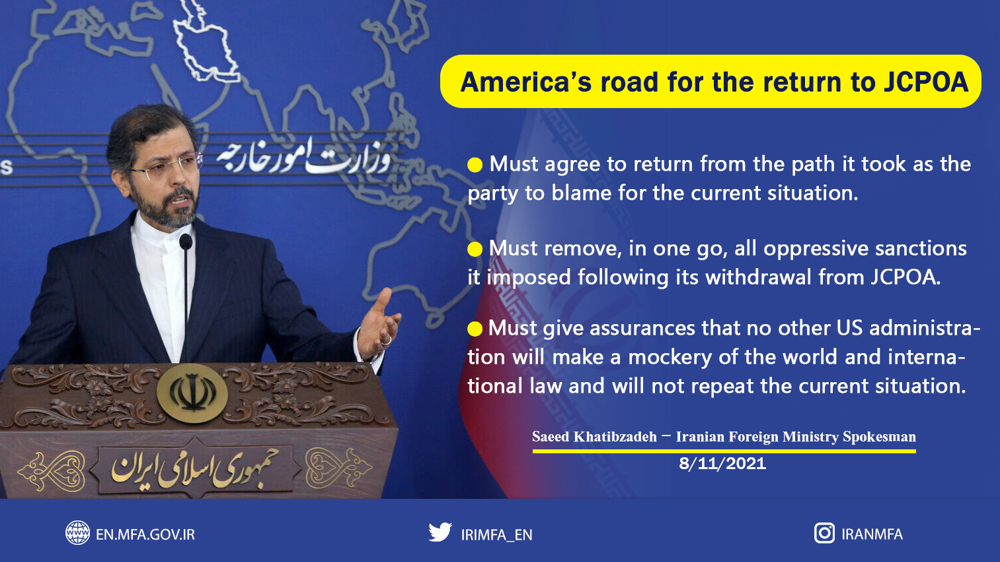
In recent days, Iranian Foreign Minister Hossein Amir-Abdollahian has said on several occasions that Iran is seeking a “good agreement” through the multilateral talks in the Austrian capital, Vienna, which are scheduled to resume after a five-month hiatus on November 29.
On Wednesday, Amir-Abdollahian’s deputy, Ali Baqeri-Kani, who is Iran’s lead negotiator at the talks, made it clear that the nuclear issue is already resolved, emphasizing that the focus would be on the removal of all of Washington’s illegal sanctions.
Iran has repeatedly reassured the other JCPOA signatories that it will resume full compliance with its nuclear obligations under the deal after the US, as the instigator of the current crisis, removes all of its sanctions and gives Iran a guarantee that it will not leave the deal again.
On Monday, Iranian Foreign Ministry spokesman Saeed Khatibzadeh once again spelled out what the US must do to regain its JCPOA membership and restore the deal.
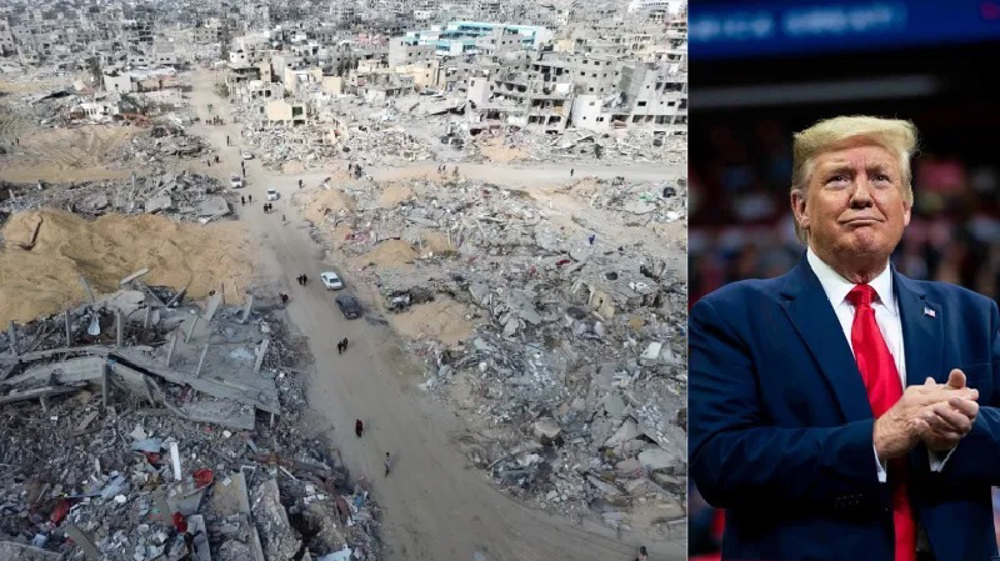
Jordan rejects US proposal to relocate Palestinians
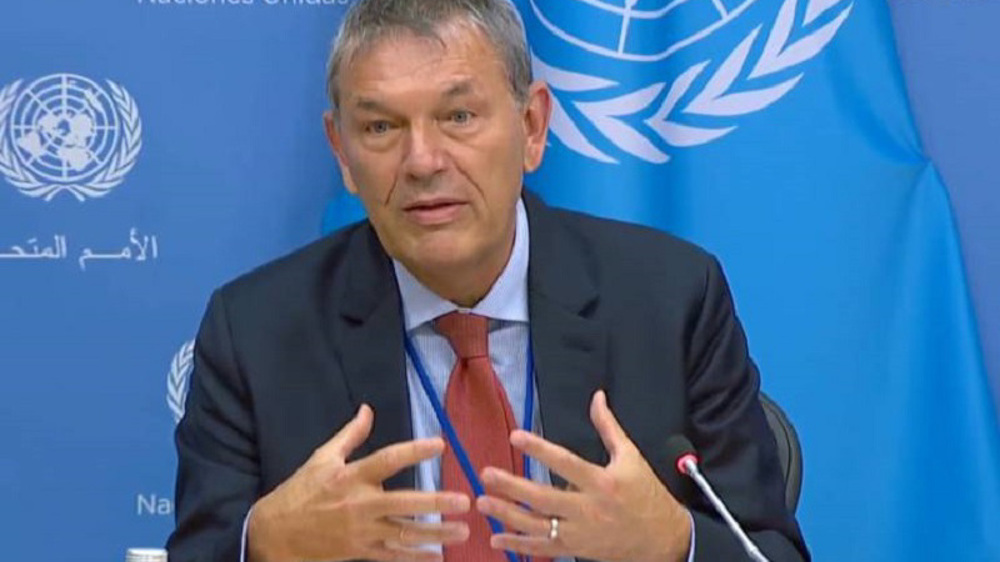
UNRWA unraveled amid Israel's allegations, reduced intl. support
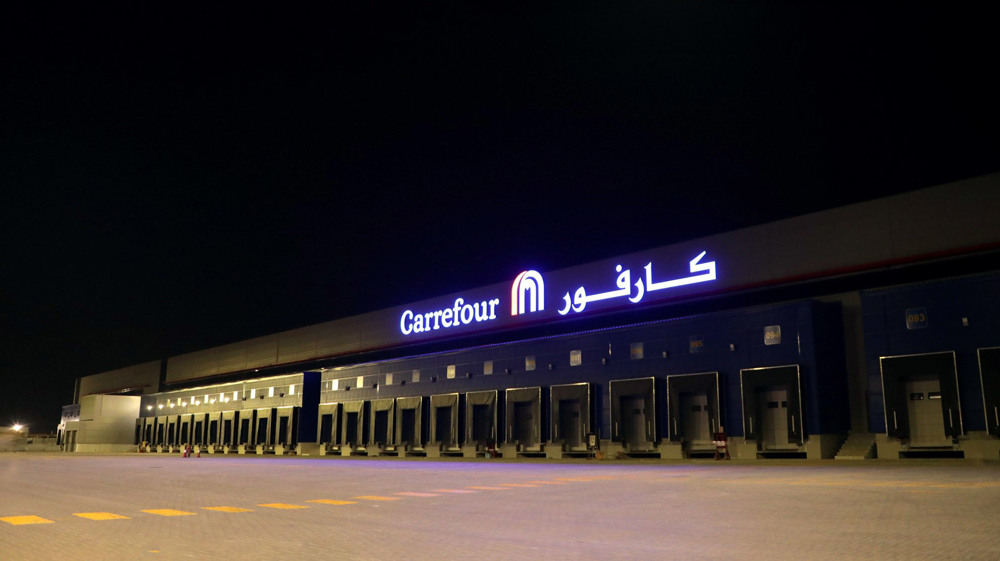
Carrefour closes business in Oman after leaving Jordan over BDS pressure
Iranian flotilla makes port call in India with 'friendship message'
How UK counter-terror police colluded with Zionists to detain me after Beirut trip
Biden, Blinken, Austin referred to ICC over Gaza war crimes
EU will 'do the same' if US implements tariff hikes: France
VIDEO | Press TV's news headlines
British celebrities condemn BBC removal of Gaza documentary
Iran Army acquires tactical vehicles, audio surveillance systems
VIDEO | UK police detain anti-Zionist scholar upon return from Lebanon


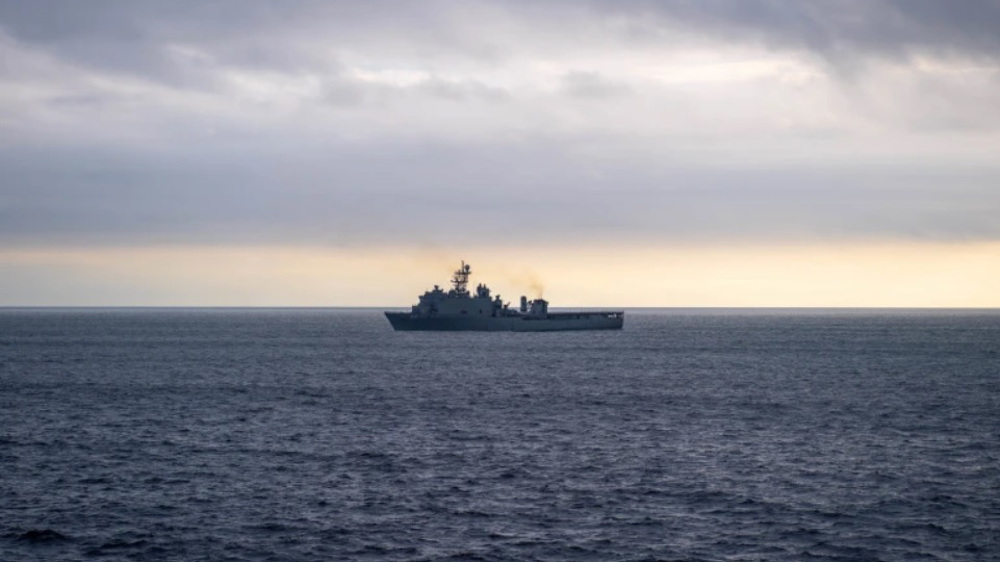
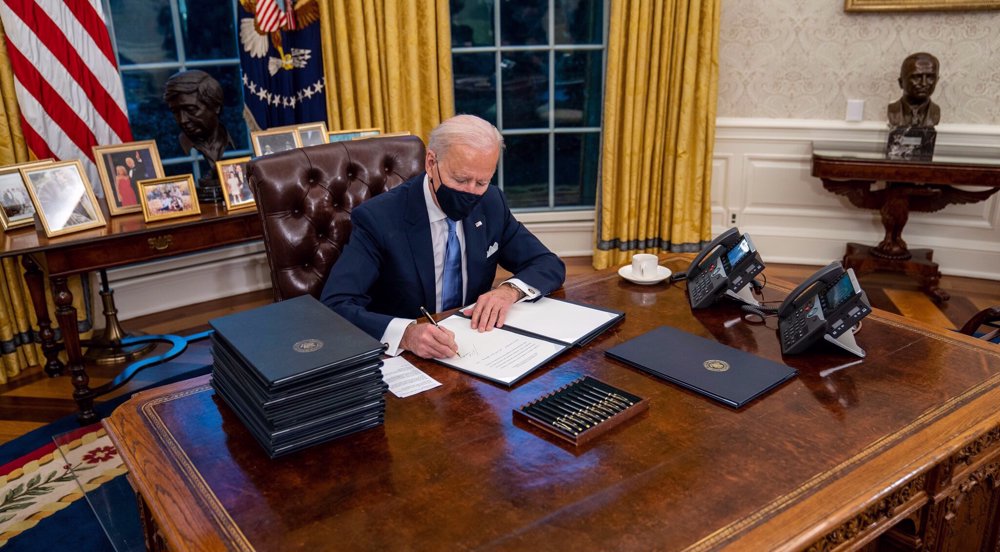
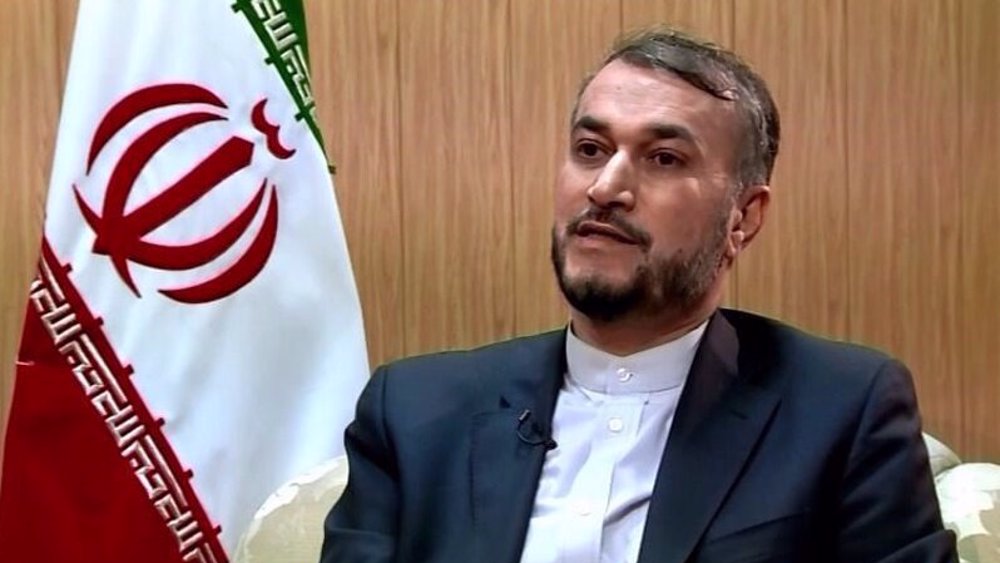



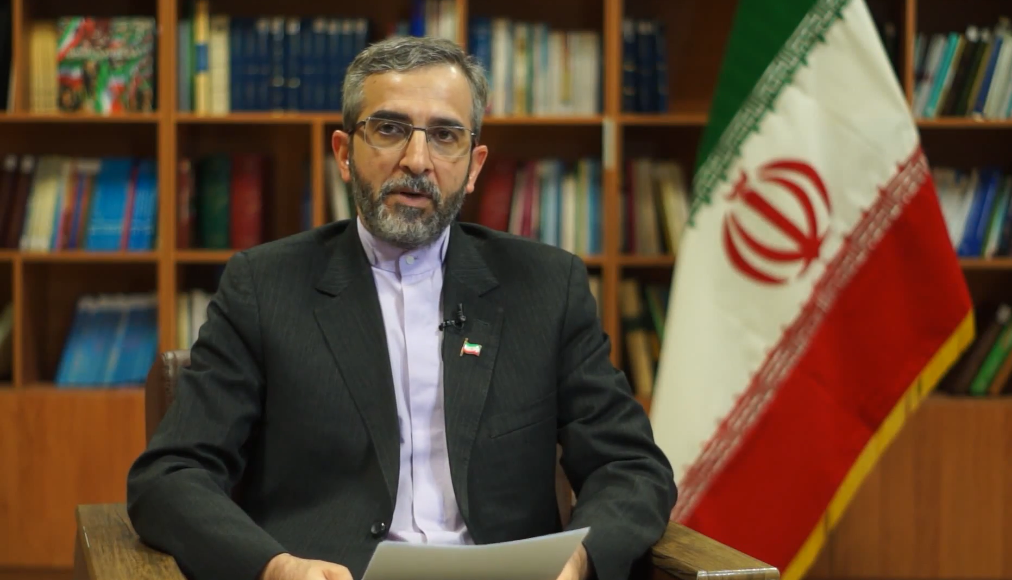
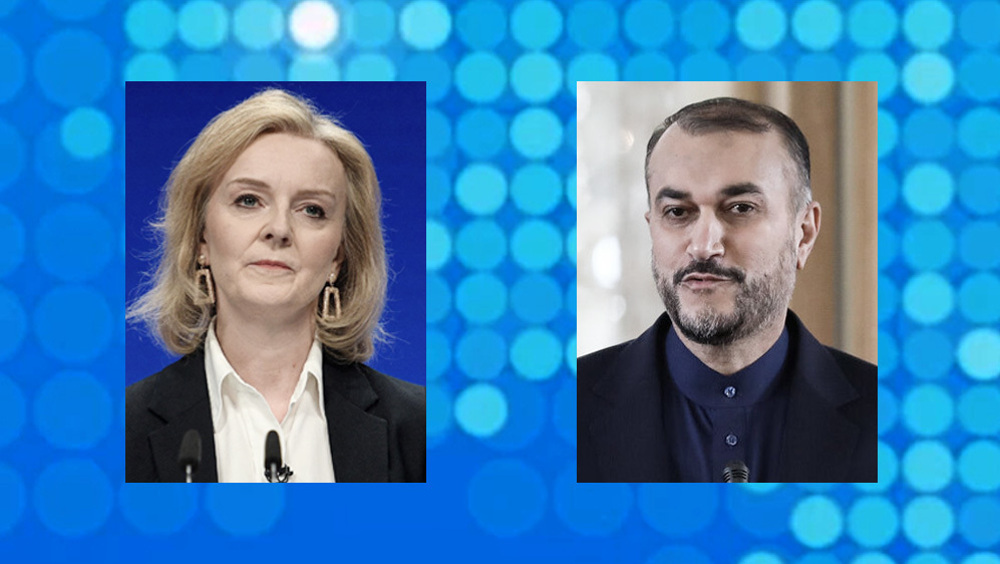
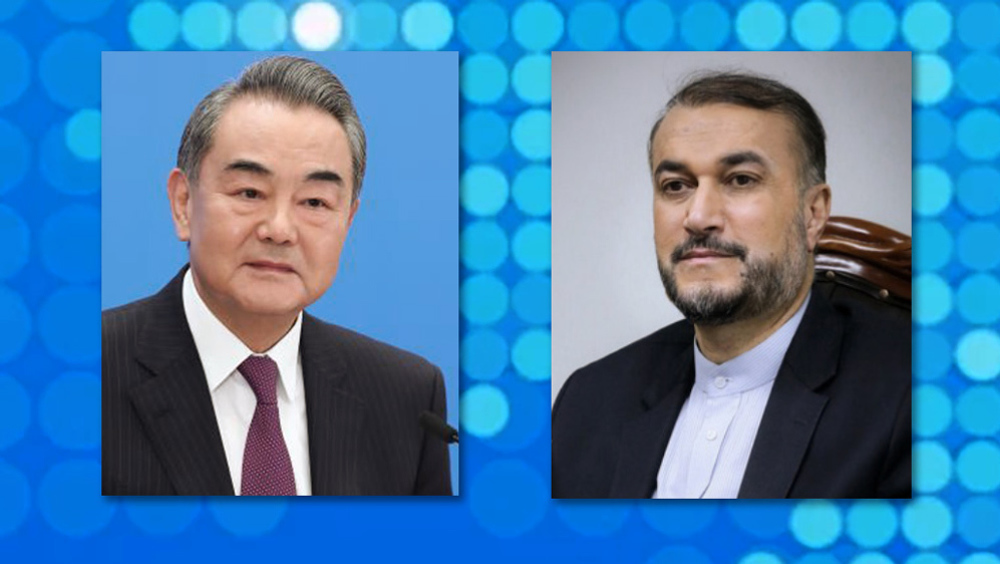
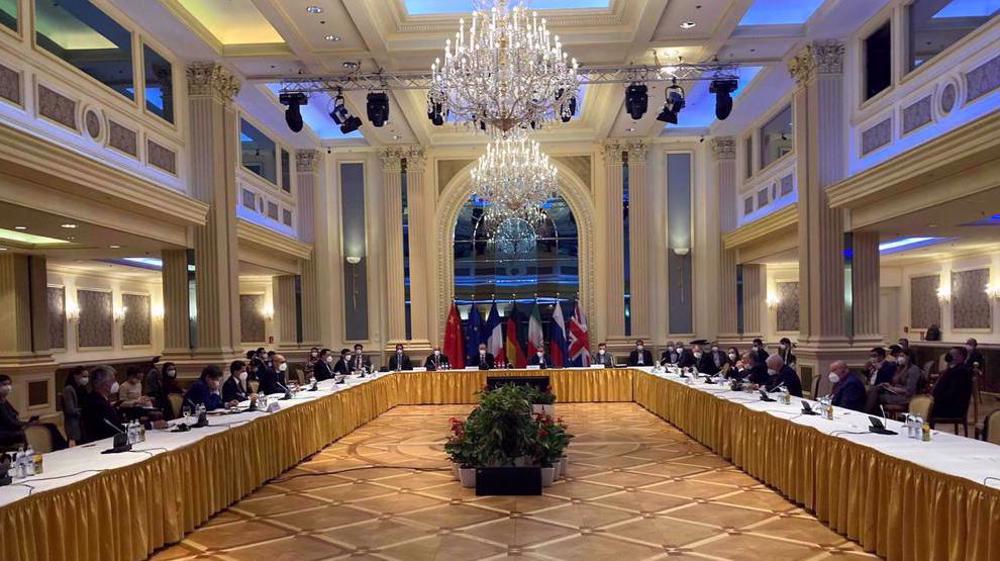

 This makes it easy to access the Press TV website
This makes it easy to access the Press TV website